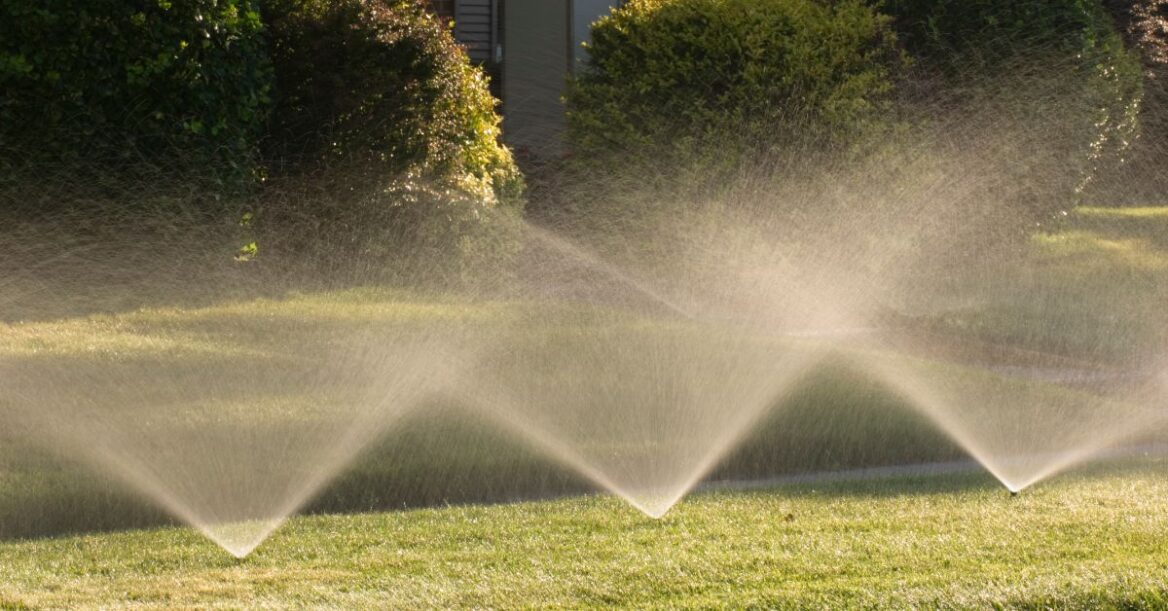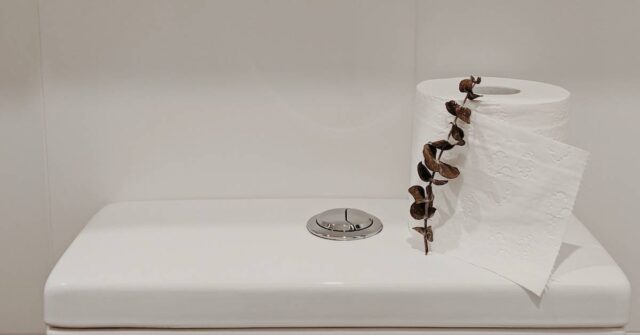Greywater systems are more than just a trend; they’re a smart, sustainable solution for modern households.
Understanding these systems is a great first step, whether you’re aiming to save money, conserve water, or simply be more environmentally friendly.
What Is A Greywater System?
A greywater system captures and reuses the wastewater from your home, excluding sewage. This typically includes water from showers, baths, sinks, and laundry.
Instead of letting this water go down the drain, a greywater system recycles it for specific uses, helping reduce water waste.
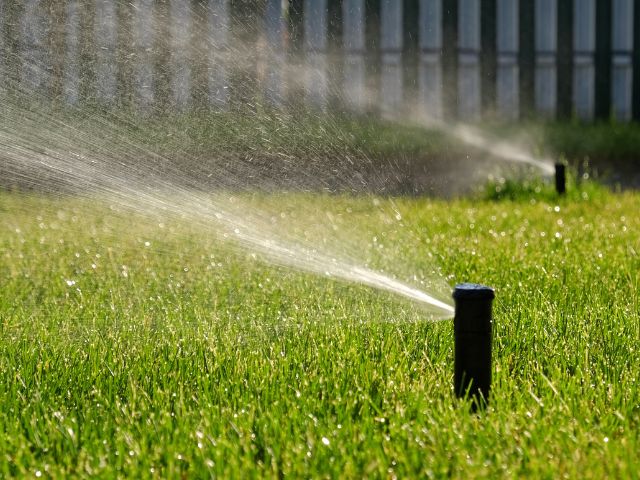
Understanding Greywater
Grey water is the gently used water from daily household tasks. It’s unsafe for drinking but can be reused for irrigation.
It contains small amounts of soap and dirt, making it perfect for non-potable applications without additional treatment.
How Greywater Systems Work
Greywater systems divert wastewater from your home into a filtration unit. After filtration, the water is stored or sent directly to areas where it can be reused, like gardens or toilets.
Depending on the system installed, this process can be automatic or manual.
Types of Greywater Systems
There are various greywater systems, including gravity-fed systems, pump-based systems, and advanced treatment systems.
Each type serves different needs, ranging from simple garden watering setups to complex systems capable of treating water for broader use.
Benefits of Greywater Systems
Installing a greywater system comes with a host of benefits, spanning environmental, economic, and practical aspects.
Environmental Benefits
Recycling greywater reduces the demand for freshwater, helping conserve this precious resource. It also reduces the strain on local wastewater facilities and lowers the risk of environmental pollution.
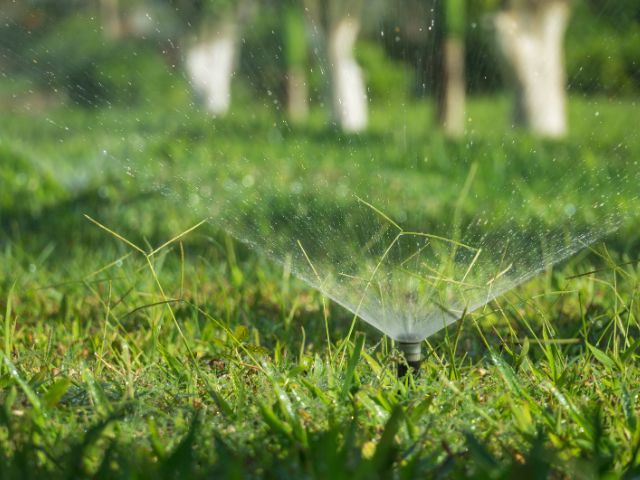
Reducing Freshwater Consumption
Greywater systems can cut household water use by up to 50%. This is particularly impactful in drought-prone areas where water conservation is critical.
Minimizing Sewage System Strain
By reusing grey water, you reduce the volume of water sent to sewage treatment plants. This not only eases the load on these facilities but also lessens the environmental impact of wastewater disposal.
Economic Advantages
Beyond the environmental perks, greywater systems also make financial sense for homeowners.
Lower Water Bills
With less reliance on municipal water, you’ll see noticeable savings on your monthly water bills. Over time, these savings can offset the initial installation costs.
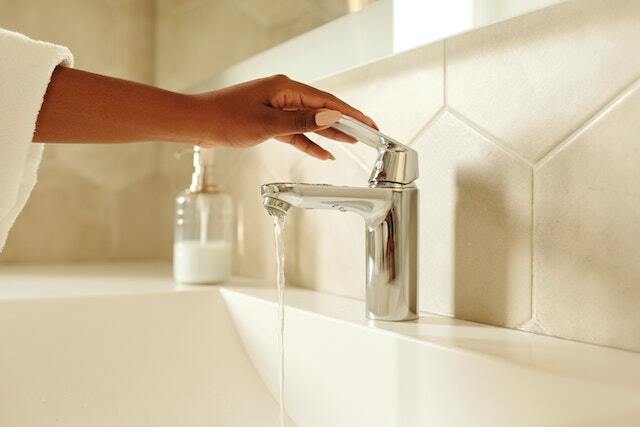
Increased Property Value
Homes with sustainable features like greywater systems are increasingly appealing to buyers. This can lead to a higher resale value.
Practical Applications
Grey water isn’t just for show; it has real-world applications that benefit your home and garden.
Irrigation Systems
Grey water is perfect for garden irrigation, keeping your plants hydrated without tapping into the main water supply. It’s like giving your garden a drink and your wallet a break.
Toilet Flushing
Recycled greywater can be used to flush toilets, cutting down on potable water use for this basic necessity.
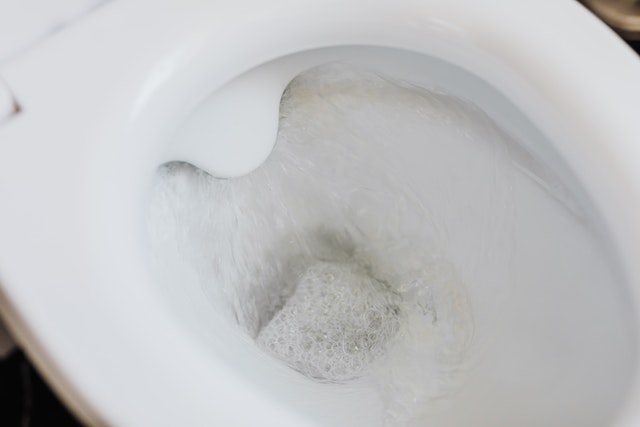
Outdoor Cleaning
Use grey water for cleaning patios, driveways, or even washing your car. It’s a practical way to keep things tidy without feeling guilty about water usage.
Potential Challenges and Considerations
While greywater systems are beneficial, there are a few things to keep in mind before jumping in headfirst.
Initial Costs and Installation
The upfront costs for a greywater system can be significant, depending on the type of system and the complexity of the installation. It’s a long-term investment that requires careful planning.
Maintenance Requirements
Like any system, greywater setups require regular maintenance. Filters need cleaning, and storage tanks should be inspected to ensure everything is running smoothly.
Local Regulations and Permits
Before installing a system, check your local council’s regulations. Some areas may require permits or have restrictions on greywater use.
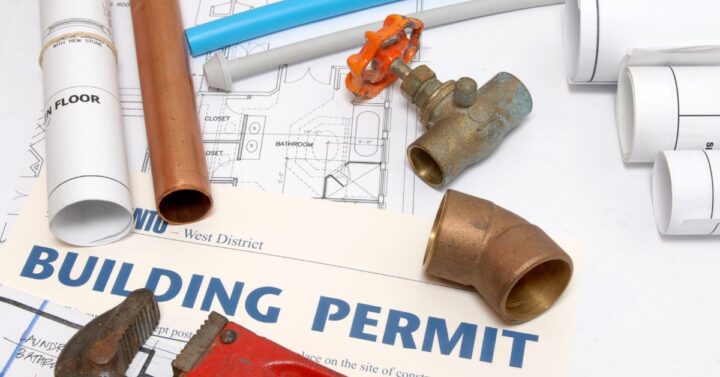
Water Quality Concerns
Grey water should not be used for drinking or bathing. Proper filtration and adherence to safety guidelines are crucial to prevent health risks.
Cost Analysis of Grey Water Systems
A greywater system can be a significant investment, but understanding the costs can help you decide if it’s right for you.
Upfront Costs
Installation costs vary widely, ranging from a few hundred to several thousand dollars. Factors like the system type and home layout influence the total cost.
Ongoing Maintenance Expenses
Maintenance costs are generally low but include filter replacements and occasional professional servicing. Budgeting for these expenses ensures long-term system efficiency.
Potential Savings Over Time
By reducing your reliance on municipal water, you’ll enjoy ongoing savings on your water bills. These savings can add up over time, making the system a financially sound choice.

Return on Investment
For most homeowners, the savings in water bills and the potential increase in property value outweigh the initial investment.
Environmental Impact of Grey Water Systems
Greywater systems are a step toward sustainable living, offering environmental benefits that extend beyond your home.
Water Conservation Efforts
Every drop of greywater reused is a step toward conserving precious freshwater resources. It’s an eco-friendly choice that makes a real difference.
Impact on Ecosystems
Reducing wastewater output lowers the risk of pollution in rivers and oceans, protecting aquatic ecosystems.
Promoting Sustainable Living
Greywater systems encourage environmentally conscious habits, fostering a lifestyle that’s in harmony with nature.
How to Install a Greywater System
Installing a greywater system may seem daunting, but breaking it into manageable steps makes it achievable for most homeowners.
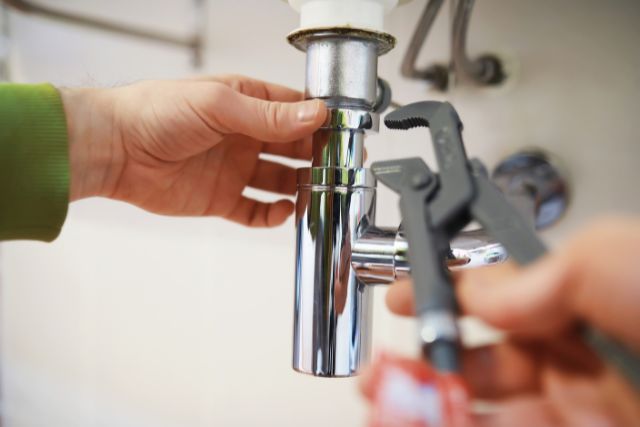
Choosing the Right System for Your Home
Consider your household’s water usage, the system’s purpose, and your budget. Researching and consulting professionals can help you make an informed decision.
Steps to Install a Greywater System
From planning and purchasing to installation and testing, every step is crucial. Following manufacturer guidelines ensures a safe and efficient setup.
Professional vs DIY Installation
While some systems are DIY-friendly, others require professional installation. Assess your skills and the system’s complexity before deciding.
Legal and Safety Considerations
Greywater systems come with responsibilities. Understanding legal and safety considerations ensures you use them correctly.
Compliance With Local Regulations
Check local laws and permits before installation. Non-compliance can result in fines or system removal.
Ensuring Safe Usage
Avoid using grey water on edible plants or in ways that could cause contamination. Proper filtration is essential for safe reuse.
Preventing Health Risks
Regular maintenance and adherence to safety guidelines protect you and your family from potential risks.
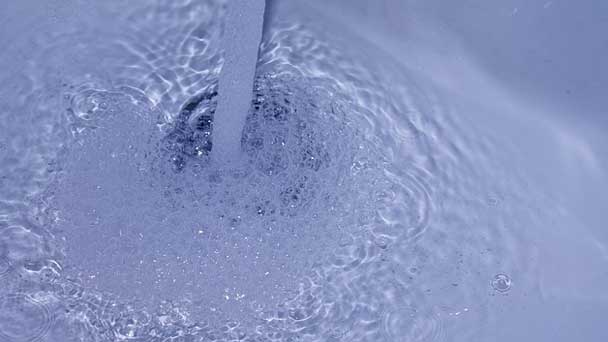
Is a Greywater System Right for You?
Not every home is suited for a greywater system, but evaluating your situation can help you decide.
Factors to Consider
Think about your water usage, budget, and willingness to maintain the system. These factors will guide your decision.
Assessing Your Water Usage
Homes with high water usage benefit most from greywater systems. Consider how much water you could redirect for reuse.
Long-Term Benefits
Beyond immediate savings, greywater systems contribute to a sustainable future, making them a worthwhile investment.
Grey Water Systems in Sydney Homes
Sydney’s climate and regulations make it an ideal location for greywater systems. Here’s why they’re gaining popularity in the area.
Climate Considerations
With water restrictions and droughts becoming more common, greywater systems offer a practical solution for Sydney residents.
Local Regulations and Incentives
Many councils in Sydney support greywater systems through rebates and incentives. Check with your local authority for more information.

NuDesign’s Expertise in Bathroom Renovations
NuDesign Bathroom Renovations specialises in installing grey water systems tailored to Sydney homes. Their expertise ensures your system meets local standards and performs efficiently.
Conclusion: Why Greywater Systems Are a Smart Choice
Greywater systems offer practical, financial, and environmental benefits that make them an excellent choice for modern homes.
If you’re ready to take the next step, consult experts like NuDesign Bathroom Renovations to get started.

